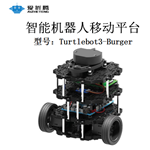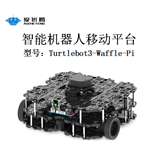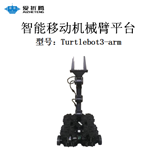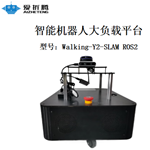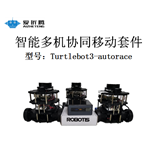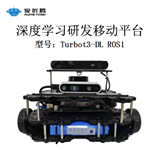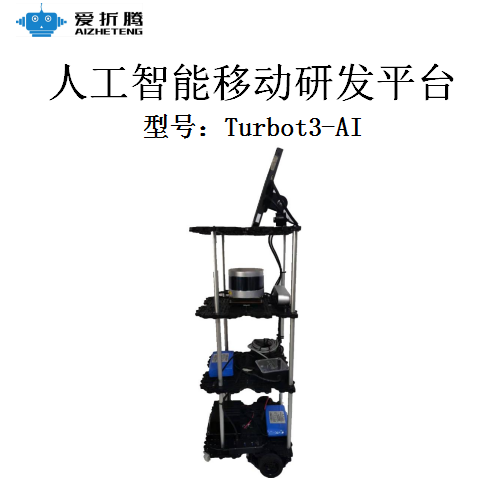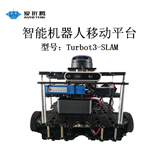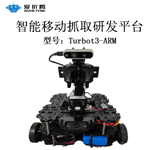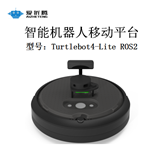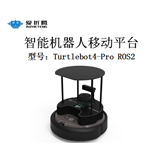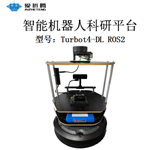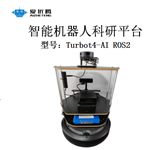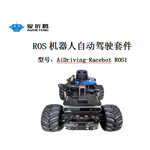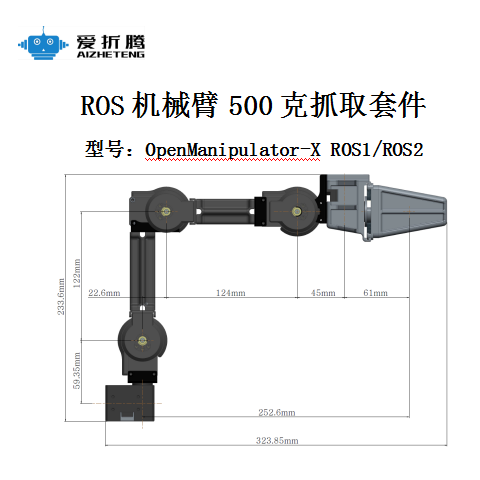Arduino内置教程-字符串-String Length
字符串的 length() 和 trim() 命令
- 你可以用length()命令获得字符串的长度,或者用trim()命令排除多余的字符。这个例子示范怎样用这两个命令。
硬件要求
- Arduino or Genuino 开发板
电路
- 这个例子不需要连接额外的电路,除了你的开发板需要连接到你的电脑,并且打开Arduino IDE的串口监视器窗口。
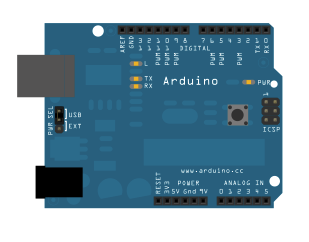
图由 Fritzing 软件绘制
样例代码
- trim()用于你知道有一些不想干的空白字符在字符串的开始或者结尾,而你想删掉他们。空白字符是字符需要留白的时候用的。它包括单独的space(ASCII 32), tab (ASCII 9), vertical tab (ASCII 11), form feed (ASCII 12), carriage return (ASCII 13), 或者 newline (ASCII 10)。下面的例子示范了一个带有空白字符的字符串,在前面和后面删除:
/*
String length() and trim()
Examples of how to use length() and trim() in a String
created 27 July 2010
modified 2 Apr 2012
by Tom Igoe
http://www.arduino.cc/en/Tutorial/StringLengthTrim
This example code is in the public domain.
*/
void setup() {
// Open serial communications and wait for port to open:
Serial.begin(9600);
while (!Serial) {
; // wait for serial port to connect. Needed for native USB port only
}
// send an intro:
Serial.println("\n\nString length() and trim():");
Serial.println();
}
void loop() {
// here's a String with empty spaces at the end (called white space):
String stringOne = "Hello! ";
Serial.print(stringOne);
Serial.print("<--- end of string. Length: ");
Serial.println(stringOne.length());
// trim the white space off the string:
stringOne.trim();
Serial.print(stringOne);
Serial.print("<--- end of trimmed string. Length: ");
Serial.println(stringOne.length());
// do nothing while true:
while (true);
}
更多
- String object – 字符串对象的参考
- CharacterAnalysis - 使用operators来识别对应的特征类型。
- StringAdditionOperator - 用不同方法把字符串加到一起。
- StringAppendOperator - 用+=运算符和concat()方法来添加东西到字符串里。
- StringCaseChanges - 改变字符串的状态。
- StringCharacters - 在字符串里获得或设置一个指定的字符的值
- StringComparisonOperators - 按字母排列顺序地比较字符串
- StringConstructors - 初始化字符串对象
- StringIndexOf - 寻找在字符串里字符的第一个或最后一个的状态
- StringLength - 获得和修剪字符串的长度
- StringLengthTrim - 获得和修剪字符串的长度
- StringReplace - 替换字符串里的个别字符
- StringStartsWithEndsWith - 检查一个给定的字符或子串(substrings)的开始或结尾
- StringSubstring - 在给定的字符串里寻找"phrases"
- StringToInt - 允许你把字符串转换成整数数字
获取最新文章: 扫一扫右上角的二维码加入“创客智造”公众号


